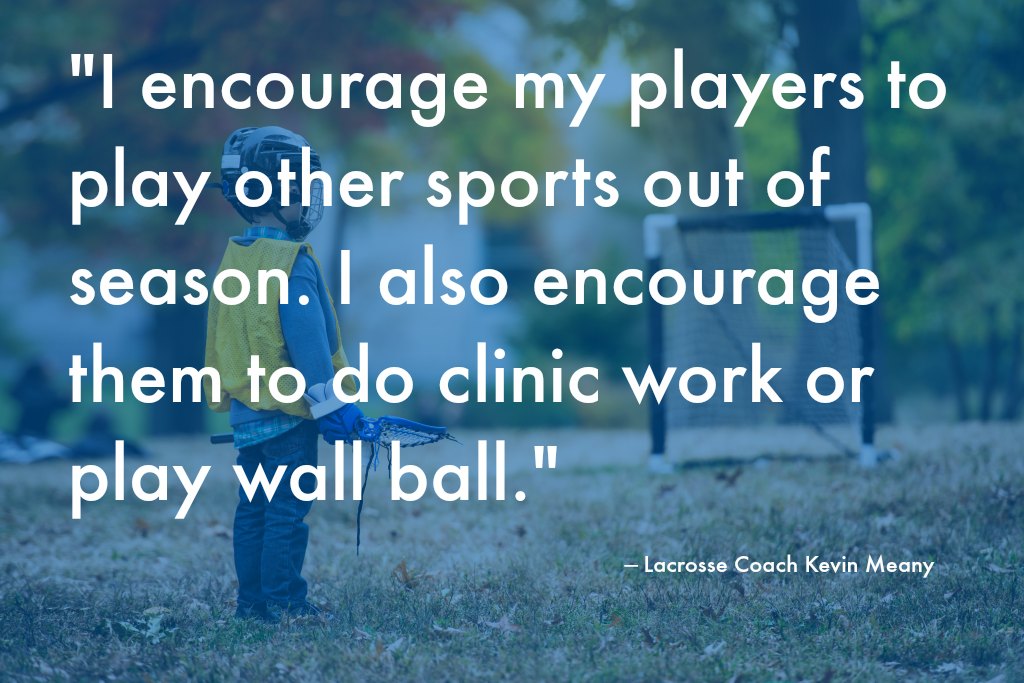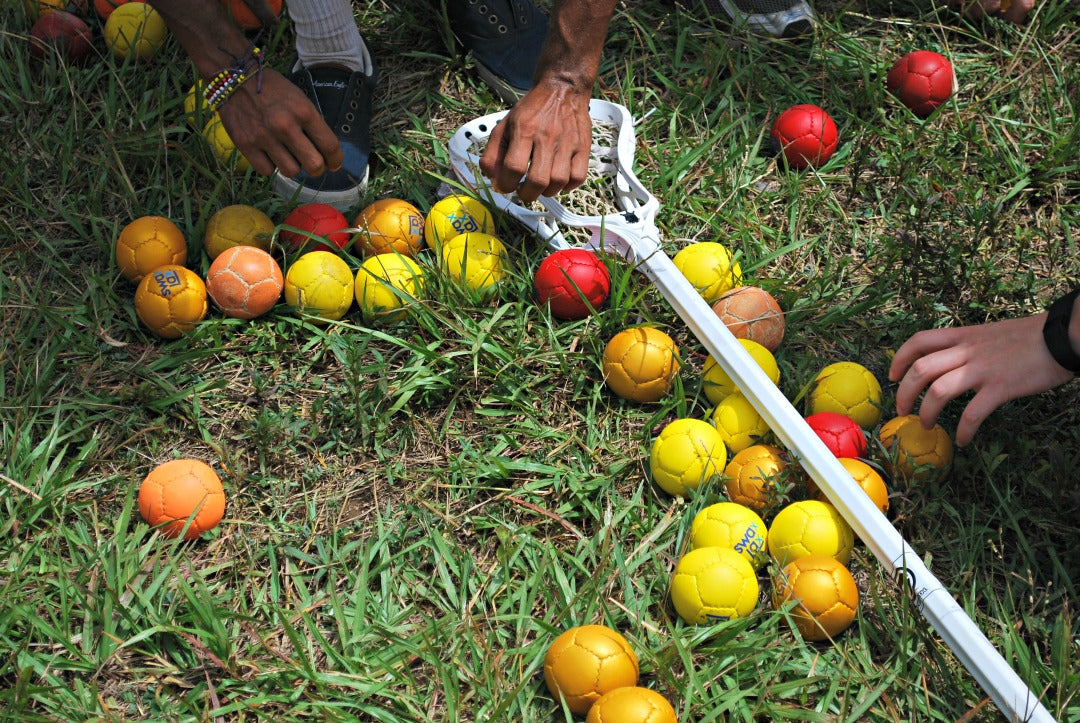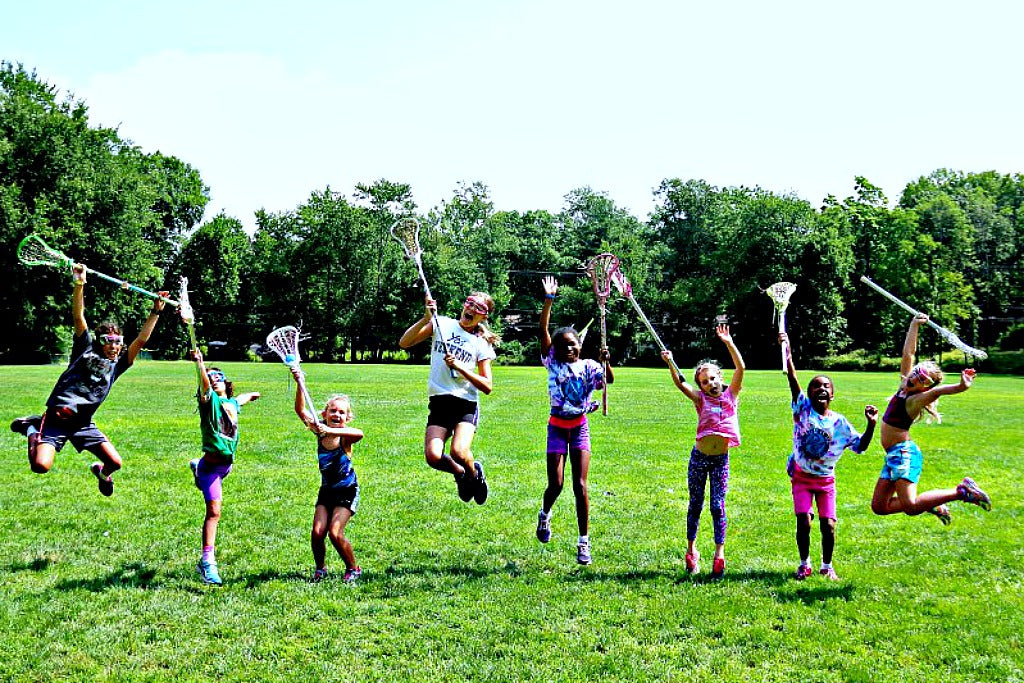Blog

Breaking Barriers Lacrosse pride themselves on being adaptive and breaking down the game of lacrosse into the most basic components to facilitate learning. They provide a customized program to each of their campers highlighting their abilities and focusing on areas that require improvement.
Because their campers do not wear any kind of padding or protection from the traditional hard rubber lacrosse balls, Swax Lax balls are ideal in helping their campers experience the real feel of lacrosse balls without the uncontrolled bounce.

Coaches and players are often complaining about the constraint of practicing indoors or on a small field. “There’s no room. The balls are bouncing all over. There is no grass. The grass is too long. I can’t scoop off the gym floor…” Well, boo-hoo. Suck it up buttercup and be thankful you have the opportunity to get in a gym or that you have any space to practice at all.
Swax Lax recently got a letter from DC3 Brandon Manus, who is currently deployed in the Pacific Ocean. He was thanking us for developing our Swax Lax training balls. Apparently, they seem to work better than regular lacrosse balls when you’re aboard a ship.
Continue reading
Swax Lax recently got a letter from DC3 Brandon Manus, who is currently deployed in the Pacific Ocean. He was thanking us for developing our Swax Lax training balls. Apparently, they seem to work better than regular lacrosse balls when you’re aboard a ship.

I do not think kids should completely stop skating when hockey season is over or stop lifting when football season is over. Just tone it down a little. The same goes for lacrosse. Keep playing soccer, football, basketball, hockey, skiing, wrestling, swimming, or whatever is in season. But playing a little wall ball or doing a one- or two-hour lacrosse clinic once a week is not going to hurt either.
Continue reading

Lacrosse the Nations is a non-profit organization that uses the lacrosse field to teach life skills and promote education, while creating opportunity for children in impoverished communities in Costa Rica and Nicaragua. Their after-school lacrosse programs focus on the principles that they as athletes learn and acquire from playing sports—often outside the specifics of the game. These include work ethic, motivation, response to failure, teamwork, and confidence. Moreover, they use their lacrosse programs to help increase attendance and promote the importance of education by providing annual university and high-school scholarships to their coaches and student athletes.
Continue reading

The sport of lacrosse is growing, and parents of lacrosse players often have high expectations for their children. The competitive nature of the sport can lead to pressure and burnout.
Here are five tips to channel your high expectations and provide your child with the support he needs to take his game to the next level.
Continue reading
Here are five tips to channel your high expectations and provide your child with the support he needs to take his game to the next level.

